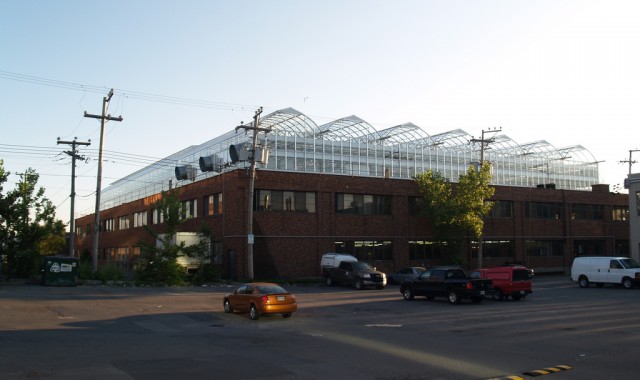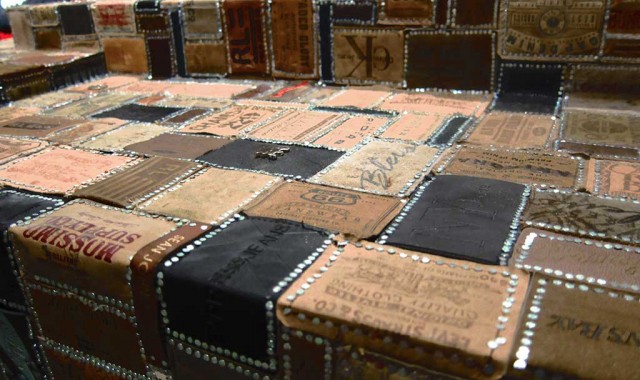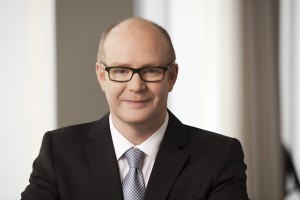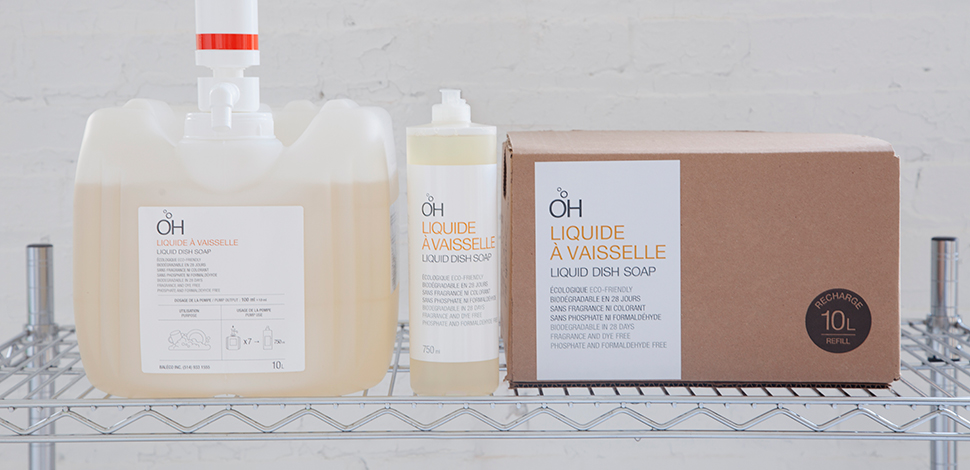Authors: Melinda Felso, David Nicholas Oswald
Business leaders of all sorts are faced with the same question today: can I run a financially successful business but also realize success in terms of positive social and environmental outcomes? The answer to this is an emphatic YES. The B Corp model is one such way that companies are showing that we can do well while doing good: https://www.bcorporation.net/what-are-b-corps (1)
The public, consumers, employees, as well as investors are becoming increasingly aware of the global environmental and societal challenges we are facing. They want more responsible products, services and workplaces that serve the sustainable development agenda, but don’t really understand what this entails or where to turn for reliable information that is devoid of “greenwashing” (2)

Greenwashing can be exactly that — an untrue claim. B-Corp and other standards help to bring rigour and legitimacy to ‘green’ statements (3)
The DE team had the pleasure of talking with Craig Ryan of the Business Development Bank of Canada’s (BDC), where Mr. Ryan is the Director of Corporate Social Responsibility. BDC is a government owned bank dedicated solely to small business entrepreneurs, and the first Canadian financial institution to become a B Corp.
Mr. Ryan argues that the B Corp certification can remove that grey area, and states that because the certification requires a comprehensive assessment of companies’ governance, social and environmental policies, it ensures that they understand such issues and work to ameliorate them. He adds that, as the B Corp certification process is very rigorous, transparent, and requires biannual recertification, supporters of B Corps can be assured that these companies are very well managed, and will likely be in business in the long run (Personal Communication, December 5, 2016).
Why would a bank want to promote the B Corp movement? Mr. Ryan says that in addition to BDC’s dedication to entrepreneurs and its banker’s love of well-managed companies, BDC applauds the innovativeness of the people who use companies to create benefits for society as a whole. “We really admire their business creativity and resourcefulness. And their success!” says Ryan.

Some of the several outcomes of B-Corp actions: education, renewable energy, socially equitable employment (4)
So what constitutes this new notion of success? For small business owner Anie Rouleau, who owns an environmentally friendly cleaning product company called Baleco, it is going home every night, sleeping with a clear conscience, waking up every morning and going to work fulfilled and happy, knowing that every day she is closer to leaving a legacy to her children and to the world (Personal Communication, December 8, 2016).
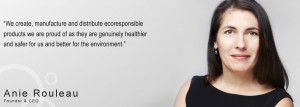
Anie Rouleau, Founder & CEO of Baleco, a Montreal-based company that is a certified B-Corp producing environmentally friendly cleaning products. (5)
With her environmentally friendly ingredients, refill stations that cut down on plastic waste, local suppliers, and scentless products that promote better health, she is going in the right direction. Although certified, she laments that she is not yet able to fulfill the community involvement part to her satisfaction, as most of her extra profit and efforts go into making her products cleaner. Nevertheless, being a B Corp helps her to be transparent and increasingly attract more clients.
How does one design a company to become a B Corp? Mr. Ryan, who through BDC helps companies obtain certification, advises that companies starting out should define their purpose, how they can create tangible value, and establish how the owners are going to be proud of their company in the future. Even if not intending to be certified right away, companies can go through the B Lab’s comprehensive assessment for guidance. Mr. Ryan concedes that the main constraints companies may face is that they fall back into conventional business thinking of making money without clear commitment to other factors, and to stray from the big picture of comprehensiveness, where everything, employees, community and the environment are equally important. Ms. Rouleau shares that her main difficulty in certifying was the extensive paperwork, to have all her values and processes written down and documented, however, being a small company with 5 employees, it is easy to make sure that those values and processes are being adhered to.
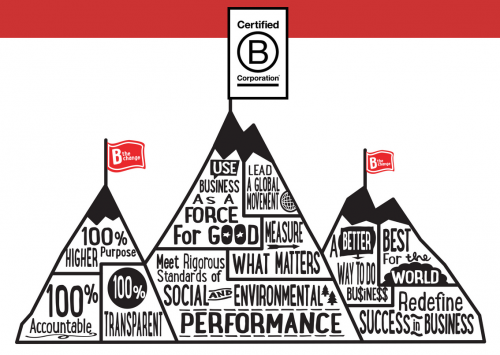
B-Corp Values and Principles (7)
In all, B Corps are here to ameliorate societal and environmental issues at hand, as well as meeting a variety of strict standards. Their main goal in the end is to redefine businesses to help and do what’s best for everyone. This is well explained through Craig Ryan’s knowledge of what is done at BDC, as well as looking at what Anie Rouleau has done for her own personal business.
References:
1. What are B-Corps? (2016). Retrieved from https://www.bcorporation.net/what-are-B-Corps
2. Gilbert, J. C. (2010 December). Jay Coen Gilbert — On better businesses [Video file]. Retrieved from https://tedxtalks.ted.com/video/TEDxPhilly-Jay-Coen-Gilbert-On
3. Retrieved January 7, 2017 from https://cdn.bthechange.com/wp-content/uploads/dfs-9.png
4. Image of solar panels retrieved January 7, 2017 from https://cdn.bthechange.com/wp-content/uploads/Gigawatt-Project-Rwanda-Final-1.jpg ; Image of schoolchildren in green uniform retrieved January 7, 2017 from: https://cdn.bthechange.com/wp-content/uploads/Bridge-Academy-Web.jpg ; Image of farmer with seedlings retrieved January 7, 2017 from: https://cdn.bthechange.com/wp-content/uploads/Starbucks-Mexico-Web.jpg.
5. Image of Anie from Baleco retrieved January 7, 2017 from: https://www.baleco.ca/sites/default/files/Anie_0.jpg
6. Image of Baleco bottles retrieved January 7, 2017 from: https://www.baleco.ca/sites/default/files/banner6.jpg
7. Image B-Corp collage retrieved January 7, 2017 from: https://bcorporation.eu/sites/default/files/blog/mountain%20graphic.png

